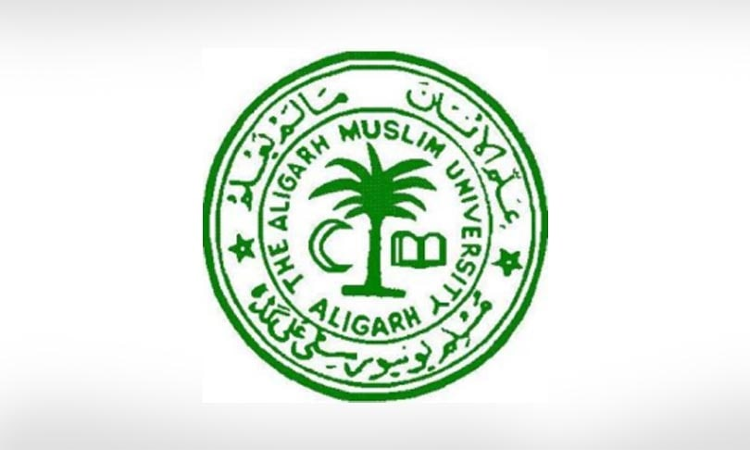AMU Minority Status: Why and What Did SC Refer To Seven Judge Bench?
Ashok Kini
16 Feb 2019 9:15 AM IST

"When the precise question was already referred to a Seven Judges Bench and was, however, not answered, we are of the view that the present question, set out above, should be referred to a Bench of Hon'ble Seven Judges."
Next Story


